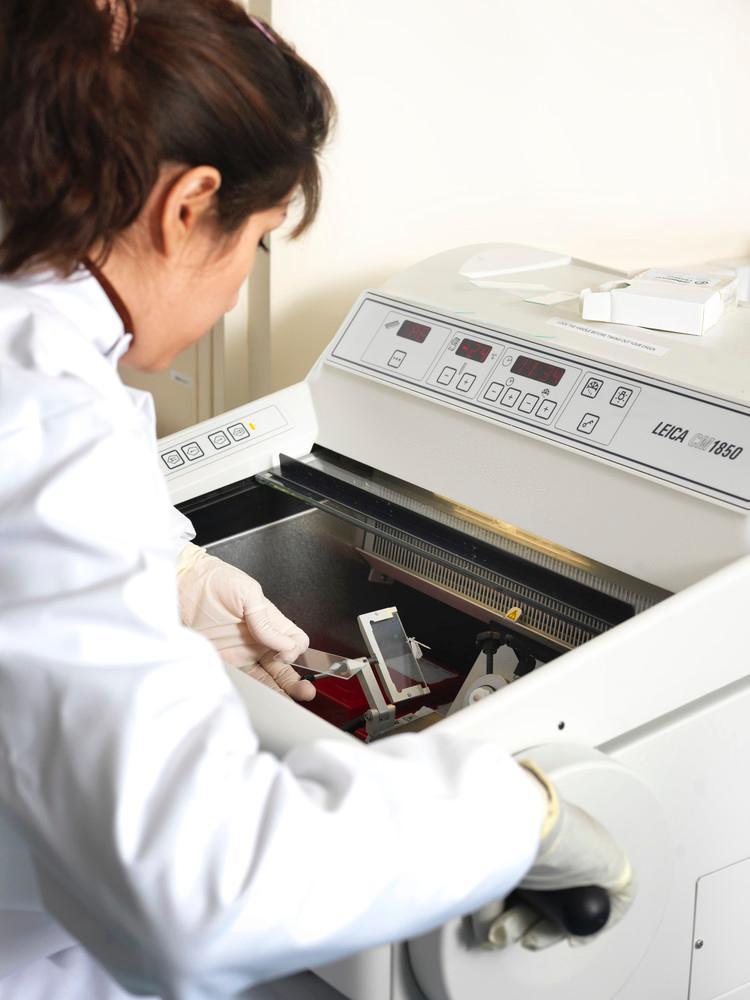What is Medical Bisocience?
Medical Bioscience involves the study of life at all levels of complexity; from atoms, to molecules, cells, tissues, organs, organisms, communities and ecosystems. This requires a multidisciplinary approach to understand life processes, both in health and in disease, and is therefore underpinned by subject areas that typically come under the umbrellas of biological and chemical sciences. However, the Medical Biosciences programme course structure is carefully designed to integrate selected subject areas from both of these streams to enable undergraduates with a background knowledge in either, to pursue a higher degree in specialist areas such as pathology, cell & molecular biology, biochemistry & genetics, bioinformatics, bioorganic & bioinorganic chemistry, as well as the molecular and biochemical processes that underpin life at different levels. The overall course structure therefore covers key topics that play a pivotal role in understanding health and well-being.
The Medical Bioscience MSc programme emphasises the practical and experimental nature of the selected key topics, where students gain training in a progressive and cumulative manner throughout the year in conjunction with conventionally taught academic modules that provide the contextual relevance to the practical training. Both the taught and the practical elements of the course are taught in an environment of current hypotheses rather than certainty, and thus highlight the nature of the natural variation encountered in new and empirical data in research.
The MSc course is taught using a variety of strategies that include:
- Conventional lectures, seminar and tutorials
- Self-directed study and research
- Interactions with science professionals
- Case studies and problem-based learning
- Peer and collaborative learning
- Reflective practice and portfolio building
- Laboratory classes and workshops
- Interactive sessions, including debates and oral/poster presentations
- Use of electronic multimedia
In addition to the taught elements, the Medical Bioscience programme is underpinned by a research project in the third semester, where extended specialist training is provided in research and experimental techniques, as well as design, and the use of appropriate statistical analysis.
MSc Research Projects available in the School of Chemistry and Bioscience
The school of Chemistry and Biosciences offers a large variety of research projects that underpin the Medical Bioscience MSc programme. These are grouped into the following six themed subject areas that reflect the research expertise of the staff within the school:
- Analytical Centre
- Chemical Biology and Biophysics
- Cell and Molecular Biology
- Centre for Skin Sciences
- Materials Chemistry
- Microbiology and Biotechnology
Some specific examples of the current research areas include:
- Cardiovascular disease e.g. atherosclerosis and diabetes
- Ion channels and calcium regulation in the heart
- Cartilage physiology and pharmacology
- Neurophysiological and hormonal regulation of metabolism in obesity
- Genetic and reproductive toxicology
- Genetic and dietary basis of cancer
- Imaging and structural characterisation of biological systems
- Experimental and computational biophysics
- Bioorganic and bioinorganic chemistry
For more details of the currently active research areas in the School of Chemistry and Biosciences and members of the academic staff associated with these please explore our school pages.

Employment opportunities for Medical Bioscientists
Qualifications in Medical Biosciences are in high demand in a large array of employment industries, both in the public and the private sectors. These can be divided into two broad categories:
Laboratory Based Careers
- Academic and Industrial Research
- Teaching in secondary and higher education
- Diagnostic
- Forensic
- Veterinary
- Agricultural
- Animal Industry
- Food Industry and Food Safety
- Environmental and Conversation Projects
Non-Laboratory Based Careers
- Commerce (sales and marketing)
- Government or charity-funded research administration
- International organisations
- Regulatory matters in Healthcare, including clinical trials
- Science policy
- Science communication and public engagement
- Management
- Patent office
